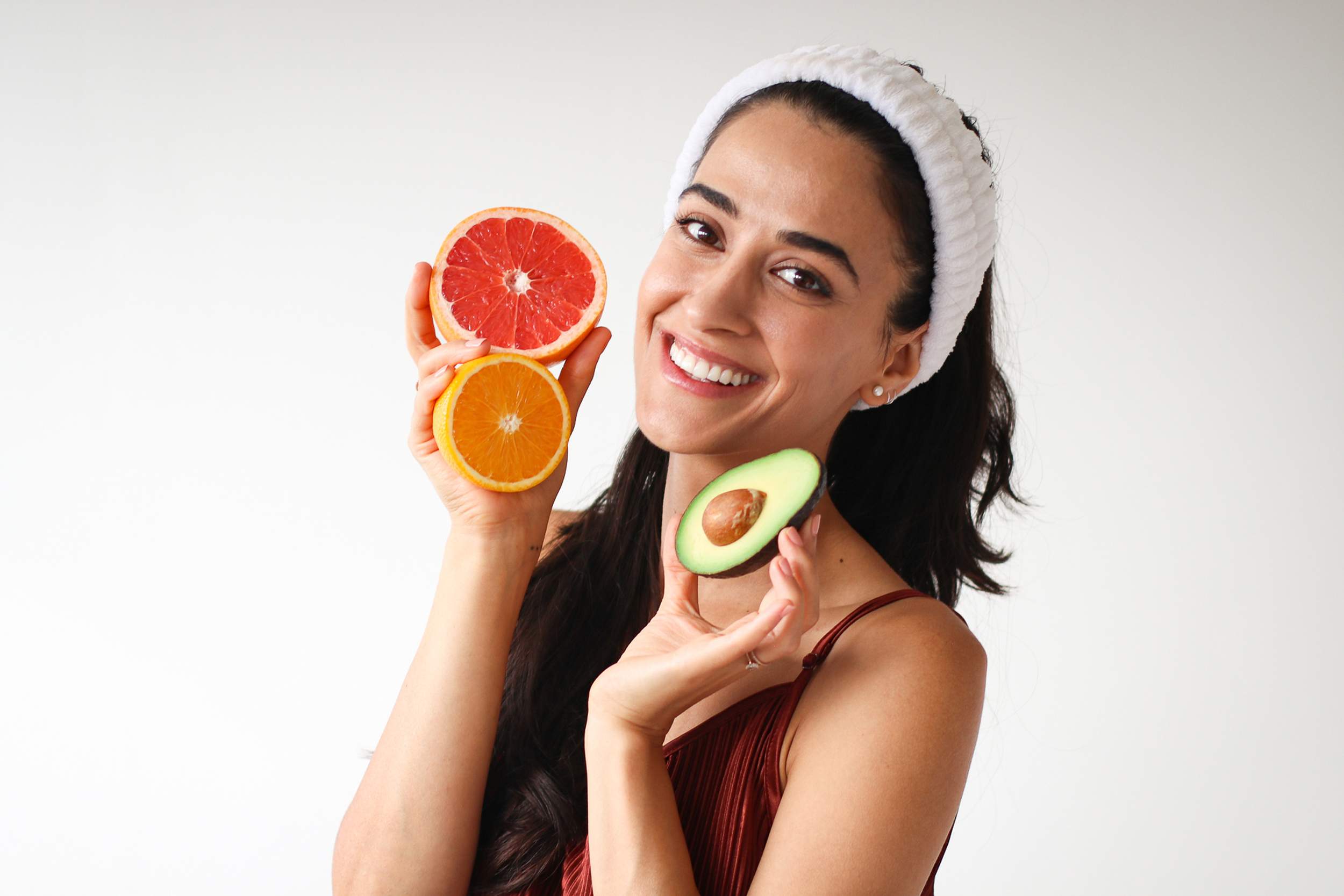Your skin is not just a superficial covering; it’s a reflection of your overall health and well-being. Did you know that what you eat plays a crucial role in the health and appearance of your skin? In this blog post, we’ll delve into the fascinating connection between nutrition and skin health and discover how you can achieve radiant skin from the inside out.
Understanding Skin Health
Skin health goes beyond mere aesthetics; it’s a vital indicator of overall well-being. Your skin acts as a protective barrier, shielding you from environmental toxins, pathogens, and harmful UV rays. Moreover, it plays a key role in regulating body temperature and facilitating the synthesis of vitamin D. Therefore, maintaining optimal skin health is essential for your overall health and quality of life.
The Impact of Nutrition on Skin Health
The saying “you are what you eat” couldn’t be truer when it comes to your skin. Nutritional deficiencies can manifest as various skin issues, including dryness, acne, and premature aging. Fortunately, a balanced diet rich in essential nutrients can help support healthy skin from within.
Vitamins A, C, and E are renowned for their skin-nourishing properties. Vitamin A aids in skin cell turnover and repair, while vitamin C promotes collagen synthesis and protects against oxidative stress. Additionally, vitamin E acts as a potent antioxidant, guarding against free radical damage and maintaining skin elasticity. Incorporating foods like leafy greens, citrus fruits, nuts, and seeds into your diet can provide a natural boost to your skin’s vitality.
Common Skin Conditions and Nutritional Factors
Skin conditions like acne, eczema, and premature aging can be influenced by various nutritional factors. For instance, diets high in refined sugars and processed foods have been linked to increased acne severity, while omega-3 fatty acids found in fatty fish and flaxseeds can help alleviate inflammation associated with eczema. Moreover, aging skin can benefit from antioxidants like resveratrol found in grapes and berries, which help combat oxidative stress and preserve skin elasticity.
To promote healthy skin, it’s essential to consume a diverse array of nutrient-dense foods and stay hydrated. Drinking an adequate amount of water daily helps maintain skin hydration and flush out toxins, contributing to a clear and radiant complexion.
Practical Tips for Healthy Skin
Achieving healthy, glowing skin is within reach with these practical tips:
- Incorporate a variety of fruits, vegetables, lean proteins, and whole grains into your diet to ensure a well-rounded nutrient intake.
- Hydrate your skin from the inside out by drinking plenty of water throughout the day.
- Practice good skincare habits, such as cleansing your face twice daily, using sunscreen, and moisturizing regularly.
- Limit your intake of sugary and processed foods, which can contribute to inflammation and skin issues.
- Consider incorporating supplements like fish oil or collagen peptides to support skin health, but consult with a healthcare professional before adding new supplements to your routine.
Takeaway
The relationship between nutrition and skin health is undeniable. By nourishing your body with a balanced diet rich in essential nutrients and practicing good skincare habits, you can achieve and maintain healthy, radiant skin at any age. Remember, your skin is a reflection of your inner health, so prioritize nutrition and self-care for a glowing complexion that shines from within.











